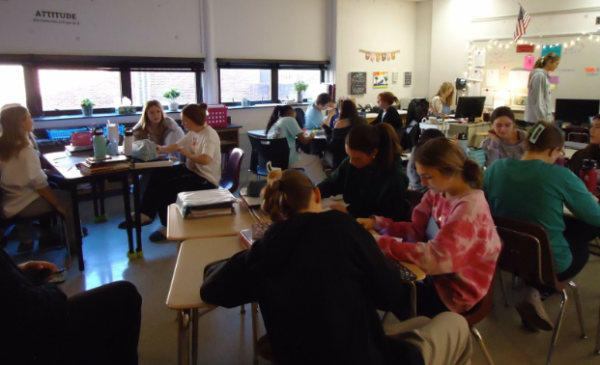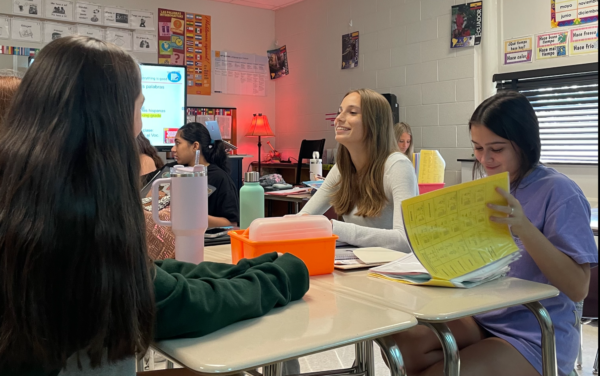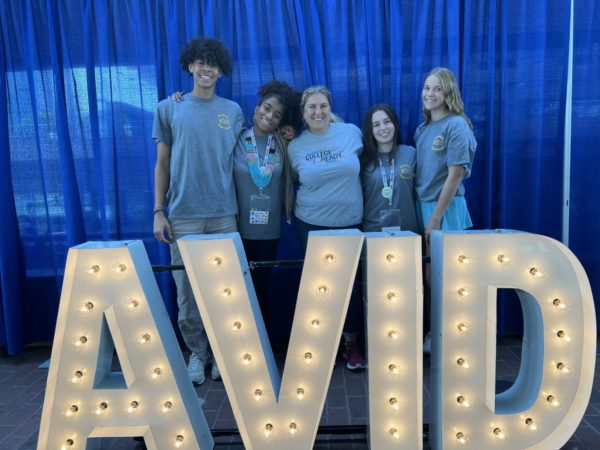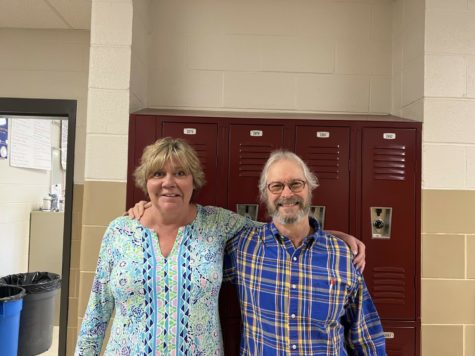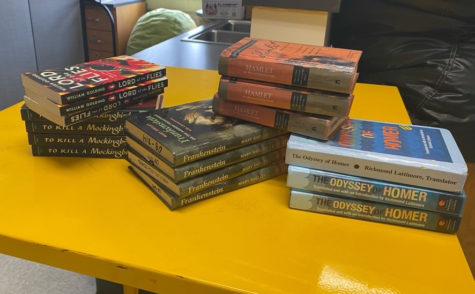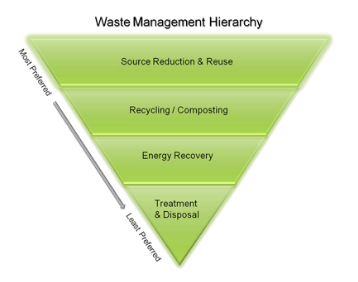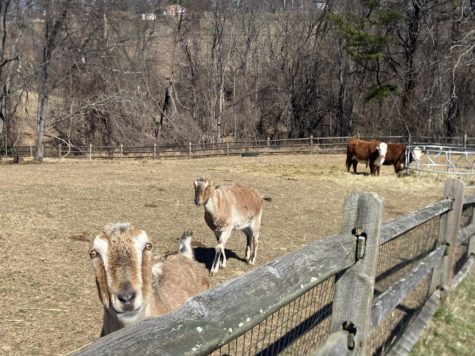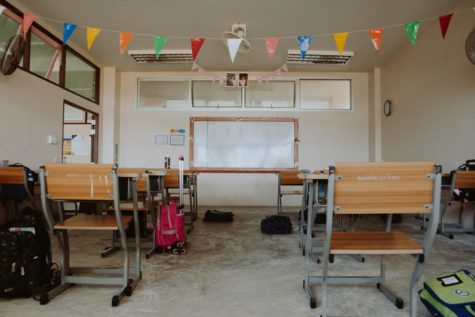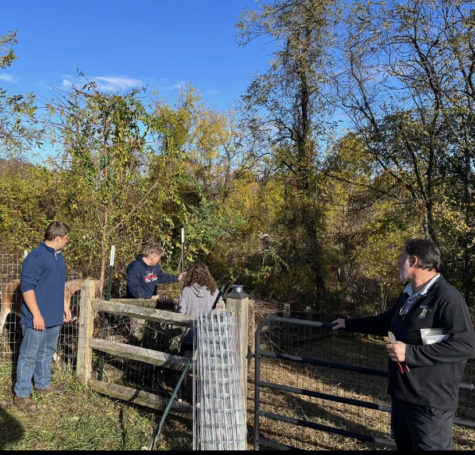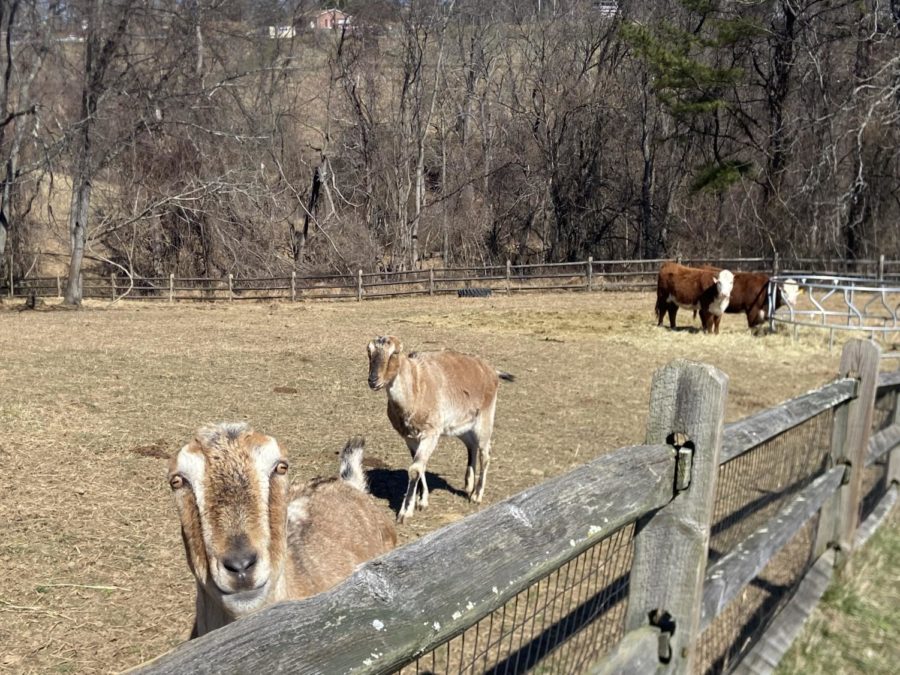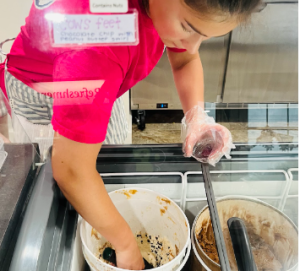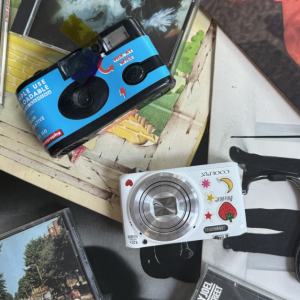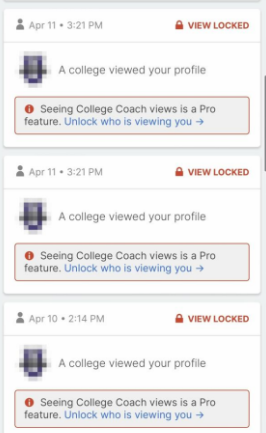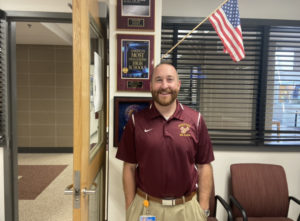Students are the future of wildlife advocacy
Part of Hereford’s agricultural program includes caring for animals, which ensures that future farmers and wildlife caretakers will treat them in a humane and ethical way.
March 18, 2023
Months dedicated to special events are nothing new, but sometimes they can shed light on important topics people tend to ignore. World Wildlife Day for example, is a time to recognize the numerous animals that roam the planet. It also brings up the question, why should people care about celebrating a day like this?
As early as middle school science class, students have been learning about endangered animals. There is even a unit about it in the eighth-grade Spanish and French classes. It is a problem that will never go away, but one that can be helped by people making better decisions.
Young minds are eager to learn new information, so teaching about the dangers animals are facing will cause more people to be willing to help, according to Ranthambore National Park. Issues like poaching cause animals to become vulnerable to extinction, so by learning about wildlife conservation students will take the problem more seriously.
Future Farmers of America member, Scarlett Heffner (‘24) is an advocate of agriculture and wildlife. She recently and a speech to promote agriculture so everyone understands what the field involves and how it affects farmers.
“If we didn’t have wildlife and nature, we wouldn’t have life in general,” Heffner said.
Poaching is the illegal act of taking animals from the wild, according to National Geographic. This violent act is committed mainly against rhinos for their horns and elephants for their ivory, and those items are sold on the black market. Sometimes animals will be captured for exotic pets, and if they survive the trip “home,” they will be in a small space that doesn’t provide the same needs as their natural habitat.
Students can aid these problems by writing to federal and state elected officials to encourage the protection of wildlife. It is always a good way to advocate for change. By keeping up to date on urgent animal issues and polices to know what is being helped and hurt, and doing things at home like planting flowers that attract birds and butterflies helps local biodiversity.
An even easier way to help is just keeping the environment clean for animals. People who walk or bike to places preserve energy, and giving space to animals when you see them in the wild to avoid being invasive are small, easy things everyone can do to better the Earth, according to Animal Welfare Institute.
Hereford has done their part this year by providing a bigger pasture for the cows, sheep, and goats, and will continue to aid local wildlife. Also, having an FFA week brought attention to farmers and their impacts on wildlife and agriculture in general.



